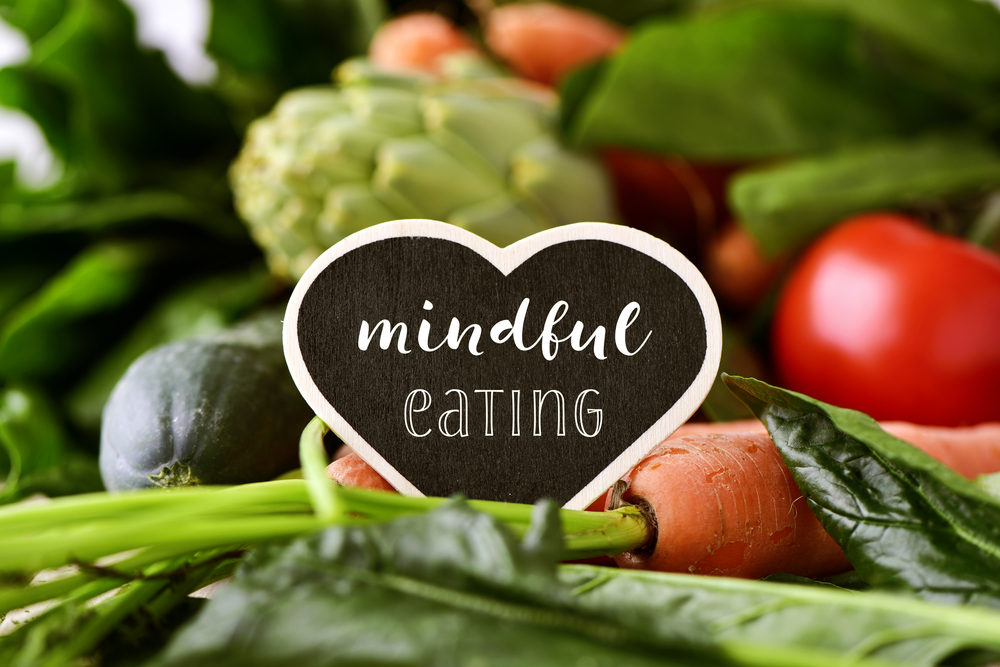In the hustle and bustle of modern life, embracing the art of mindful eating can guide us towards a more harmonious relationship with our meals. This approach to nutrition is all about engaging fully with the act of eating, tuning into our senses, and relishing each mouthful. Embarking on a journey with mindful eating can transform the way we view mealtime, ultimately benefiting both our physical and mental realms. Let’s journey through the realms of mindful eating and learn how it can bolster our overall health.

Recognizing Hunger and Satiety:
Engaging in mindful eating enhances our perception of hunger and fullness. It is by listening to our body’s natural signals that we can identify true hunger from other cues prompted by emotional states or external factors. This cognizance empowers us to make decisions about when to eat, the quantity to consume, and knowing when we’ve had enough. Such insights encourage a nurturing relationship with food and help to avoid the pitfalls of overindulgence or overly restrictive dietary habits.
Improving Digestive Efficiency:
As we embark on mindful eating, we awaken our senses to the act of consuming food, which in turn facilitates improved digestion and nutrient uptake. By thoroughly chewing and truly tasting our food, our bodies can more effectively break down nutrients for optimal assimilation. Mindful eating lessens the chances of encountering digestive woes, ranging from gassiness to heartburn.
Savoring Food’s Delights:
Adopting a mindful approach to meals encourages us to revel in the joy of eating. Taking time to eat slowly and to cherish the various flavors, textures, and scents in our food magnifies the pleasure of the dining experience. Enhanced sensory satisfaction leads to contentment after eating, curbing the temptation to eat excessively or to seek out less healthful options for fulfillment.
Establishing a Positive Food Connection:
The habit of mindful eating helps build a more positive approach to our diets, moving away from strict guidelines to a mode of eating that’s harmonious and instinctive. Embracing cravings and preferences without guilt, we can make dietary choices that celebrate both our physical and emotional needs. The principles of mindful eating foster a kind, non-restrictive mindset towards food, helping to alleviate any associated negativity or self-criticism.
Building Mindfulness and Awareness:
Mindful eating is a practice rooted in mindfulness, where the goal is to be fully engaged in the present, devoid of judgment. Focusing our attention on eating refines our mindfulness skills, deepening the connection with our body and enriching our life experiences. This awareness carries over into other aspects of our daily routine, broadening our overall attentiveness and presence.
Enhancing Emotional Health:
The ripple effects of mindful eating touch upon our emotional wellness in beneficial ways. Being more in tune with hunger and fullness signals equips us to handle emotional hunger better. Through mindful eating, we’re encouraged to delve into the emotions and motivations behind our food choices, leading to improved self-understanding and emotional strength.
Creating Enduring Healthful Practices:
Embracing mindful eating opens the door to establishing long-term healthful habits. By honoring our body’s innate wisdom and choosing wholesome foods, we elevate our overall health and contentment. Mindful choices in our diet, such as favoring a variety of fruits, veggies, and whole grains, become second nature, lessening impulsive snacking and emotional binges.
In sum, mindful eating is a revolutionary approach that reframes our interaction with food. By engaging with intent, delighting in the flavors, and choosing foods mindfully, we can foster a nourished and measured approach to nutrition. Mindful eating nurtures our physical and emotional wellness, strengthens our connection to our body, and supports a satisfying and sustainable rapport with what we eat. By adopting mindful eating, we cherish the present, laying the groundwork for a life enriched with wellbeing and self-nurturance.







